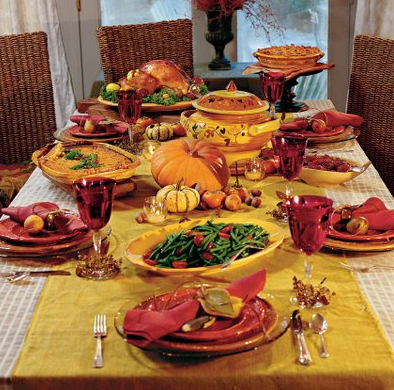
The season of Pesach [Passover] is approaching, April 8–16 this year. The rituals and prayers of the holidays offer us the opportunity to pass over from a state of separation, greed and meanness into one of care for each other. It is an inner journey manifested as outer celebration.
Passover commemorates the time when the people of Israel were captive in Egypt. It was not a cruel imprisonment, really, because life there was good. They enjoyed having everything they needed in terms of material abundance, but as their desires for more grew, they became restless, because after every new thing there was still a sense of something missing.
What ensued is described in the Torah as a battle between Pharaoh and Moses. Pharaoh wanted the Jews to continue to work for him in the service of more materialistic fulfillment while Moses offered love and unity in a new world. These opposite conditions—egoistic reception and altruistic giving—presented a choice, and we know from the Bible story what the Jews chose. They gathered at the foot of Mt. Sinai (the Hebrew word for hatred) and took into their hearts the law “love your friend as yourself.” This inner intention for connection is what set them free.
Fast forward, the 21st century, year 2020. Things are going well here in the modern Egypt. We have everything we need for survival and so much more. There are a multitude of pleasures being peddled to us and we eagerly buy them up. In fact, it is our nature to seek pleasure and avoid pain, so we keep feasting off the abundance of the earth. But something is amiss. If we have everything, why is there so much depression, stress and loneliness among us? It’s because Moses is inside of us, that yearning for something more, that itch that can’t be scratched.
And Pharaoh? We didn’t even understand he exists until nature showed him to us—COVID-19. This teeny-tiny little speck of protein now governs us. For it to survive we must continue life as usual so that economies will still thrive and all will be well in the world of consumerism, political power and international competition. And the battle has now begun. Politicians want to spend billions to stimulate a flagging economy so the very wealthy can then keep their billions. The public, on the other hand, are beginning to see how connected we really are and we are beginning to demonstrate care and concern for others.
So here we are, at that moment in time of choice. Shall we remain as an egoistic, Egypt-like society? Or can we choose something new, a Canaan, a new land, a better place? Is it possible that this Bible story is a preparation for this time in the history of mankind? Let’s say, for purposes of scrutinizing our situation, that it is.
We find ourselves standing before a huge mountain of hate and it feels overwhelming, unclimbable, impossible even to think about conquering. The people of Israel, however, figured out what to do and we can too. In a very short period of time, as we count it, we are seeing an amazing upsurge in expressions of caring for others, despite the environment of physical separation being imposed on us by COVID-19/Pharaoh. We are beginning to lean toward what Moses has to offer—a sense of our absolute dependence on each other and the promise of a new world that is kind and loving and warm. We are beginning to feel it inside of us.
And that is where the transition to a new land must occur. Going grocery-shopping for a quarantined neighbor can be compared with the rituals of the Seder feast of Passover, the purpose of which is to guide our inner work. They are acts of kindness, but they remain as customs only, and there is no passing over, unless they are practiced internally. Our task here in the Egypt of the 21st century is to build a new inner landscape out of which we act in the world—one of caring for others before ourselves.
In the material world this little Pharaoh will eventually die out, but if we elect not to understand his message, nature will give us another such opportunity. So let’s spend some of our new-found time thinking about these things and opening our hearts to what is before us, if we choose it—a brand new world.

